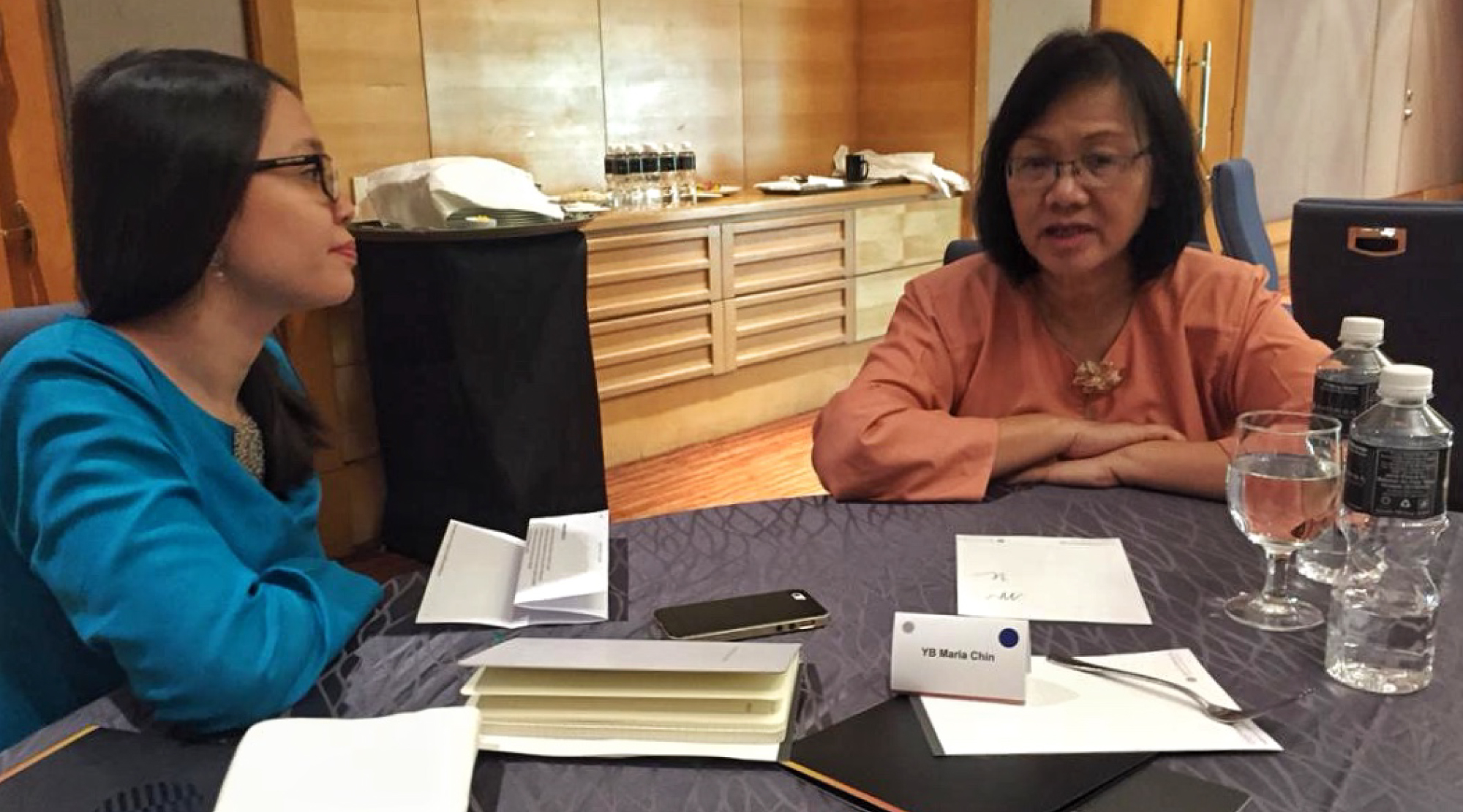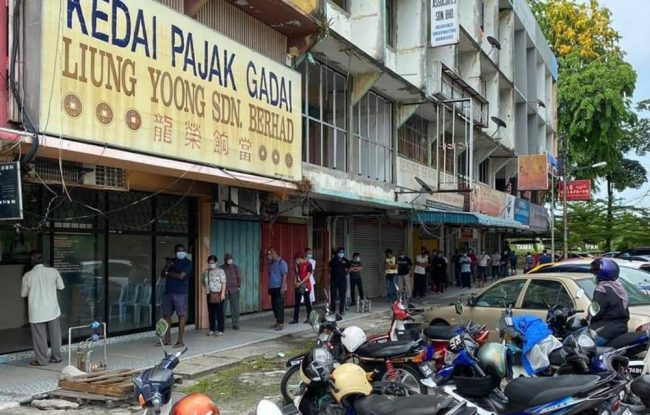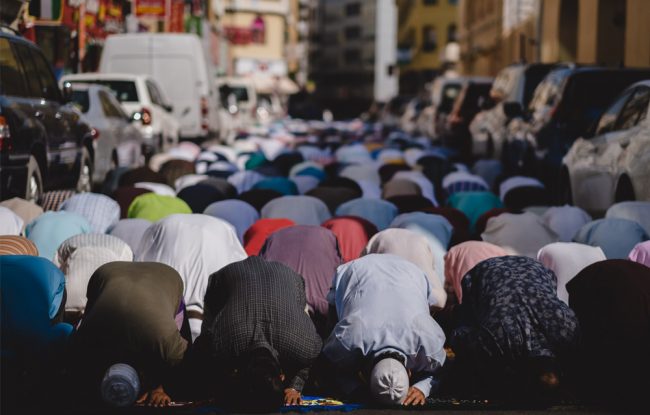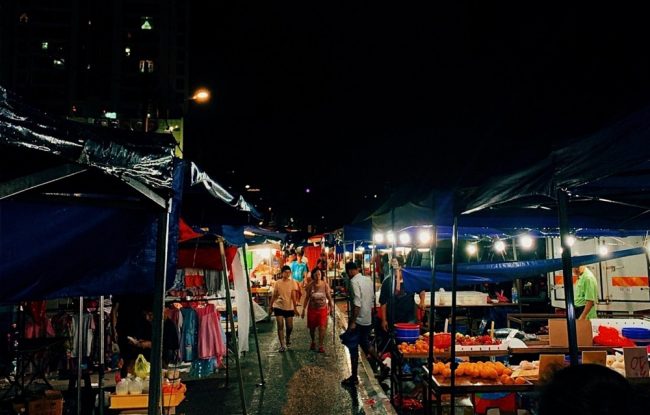An Hour with… is The Affair’s Occasional Interview Series with personalities who have influenced policy, and made changes to a national landscape.
Maria Chin Abdullah is a Malaysian Member of Parliament for the Petaling Jaya constituency, under the Pakatan Harapan Government. Prior to becoming a member of parliament, she was part of the founding committee of Bersih, the Coalition for Clean and Fair Elections, in 2006. She then became the chairperson of the coalition when it relaunched in 2010 as an entirely civil society movement, Bersih 2.0. She is an activist turned parliamentarian; once the Malaysian government’s biggest critic, she is now part of the ruling coalition working with the people for a better Malaysia.
Maria admits that she did not expect a few of the issues that have been brought to her attention since becoming MP for Petaling Jaya. She was most shocked to find out the extremity of scabies cases in public housing areas of Petaling Jaya, which she had thought was “unthinkable of in a urban setting.” (Scabies, a highly contagious skin infestation, is caused by mites that results in itchy, red rashes forming on the skin.)
She also admits that she was overwhelmed by the state of the slums of Petaling Jaya. She says, “You’d think [the] slums in Malaysia would have maybe a lack of water, but it is not really lack of water [that is the issue]… The sewage [pipe] has been broken and so now the [potable] water is mixing with the sewage [water].” This issue of contaminated drinking water has been going on for more than ten years, and the residents affected by the problem are well aware of it. The residents in these public housing buildings have repaired the pipes multiple times over the years, only to have them burst again later down the line. It is always a temporary fix with no long-term solution in sight.
“Over 10 years, it just got worse. And then it’s like when you go and see there you feel very depressed because people are not smiling to welcome you. They are depressed because they have so many issues,” says Maria Chin.
She tells us that these public housing units are very small and rent is cheap. The two bedroom units are slightly bigger, but often house ten or more residents. She says, “Because [rent] is RM124 ringgit. These people should be moving on and forming their own family and looking for their own place but they don’t want [to]. They stay there.”
Dire situation
Packed housing units then lead to another problem – illegal home extensions. The residents of the units on the ground floor tend to carry out home extensions to build more bedrooms to accommodate their growing families. Often, these home extensions stretch out to public corridors, making them illegal. She says, “It’s crazy. It’s really like no law or order kind of thing.”
She tells us that this lack of order in public housing housing areas is what attracts drug lords and “gangsters” (thugs). When she was campaigning for GE 14, she went to visit these public housing areas and had to ask the “gangster” to bring her in. The thugs in charge essentially control the block and the building’s community hall, which can be rented out for RM 100 or more. The community hall is often rented out but the money does not go back to the community. “It [rental money] does not go back to the community at all. It goes to whoever is in control [of the building] that controls also the money,” she says.
Low cost flats are typically given a budget to form a management team but the budget is tight and hardly enough to maintain a block of flats that is seventeen storeys tall, which is why many people tend to run away with the money and the residents aren’t aware of what has happened until after their water has been cut off.
Other problems affecting these housing areas include fire hazards and poor waste disposal management. Fires are very common and can affect many families at once. There have been incidences where a fire burns down an entire building. As for waste disposal, it is not uncommon to see residents on the upper floors throw their trash down from their balconies. She laughs while telling us a story of how a used baby diaper fell onto on of her officer’s heads on one of their campaign visits. It’s an amusing anecdote that also highlights a serious issue. She says, “They just throw. The reason given was the lift was not working, so how do you bring the rubbish down? So instead of carrying it down, they just throw la. Then it becomes a habit now, just throw. So those with an extension roof, you see all of the rubbish on top of the roof.”
The future for public housing arrangements is to make everything community based, following in the steps of countries like Singapore, Hong Kong, and Australia. “[We are] trying to change it into a more community based [program], so like [establishing] child care programs, trying to get those women who don’t work because their husbands are working to take care of the children in the community. We are trying to recruit them to take care of the other children. Maybe even give them a small allowance.” The need for the government to come up with more a sustainable solution and the importance of instilling a sense of social responsibility in these communities is urgent. She says, “There has to be some [social] responsibility but that kind of mentality was never taught to them. It’s a lot of work, but we need to create a lot of awareness programs and social programs for young and old.”




